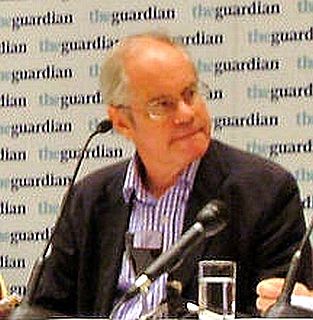A Quote by Robert Mugabe
Our economy is a hundred times better, than the average African economy. Outside South Africa, what country is [as good as] Zimbabwe?.. What is lacking now are goods on the shelves - that is all.
Related Quotes
When I was in government, the South African economy was growing at 4.5% - 5%. But then came the global financial crisis of 2008/2009, and so the global economy shrunk. That hit South Africa very hard, because then the export markets shrunk, and that includes China, which has become one of the main trade partners with South Africa. Also, the slowdown in the Chinese economy affected South Africa. The result was that during that whole period, South Africa lost something like a million jobs because of external factors.
I think anybody who knows anything about South Africa and the South African economy would know that one of the big constraints to growth and development is skills shortages. So all of us, need to come at this thing as vigorously as is possible and, of course, the private sector has the capacity to take it on board.
Living here in North America - I have been Americanized. When I go back home now, there are things that I have far less tolerance for in South Africa. We've come such a long way in terms of race relations and the economy as well as people's willingness to move on. There are still a lot of things that are frustrating about being in South Africa.
There is a section of our population in South Africa that you can't expect to get integrated in the economy of its own. These are people without skills and that will include young people who might very well have matric certificates, but don't have the skills to be absorbed in the economy. So we need to target people like those in a special way, in a focused way so that they have the skills and the capacity to participate in the economy. That requires special programmes.
Curiously, it is hard not to be a little optimistic about the future for Zimbabwe (as nobody at all calls it yet, except in political speeches). The fear is not that there will be mass slaughter of the whites, followed by their flight to South Africa and the collapse of the economy, but that the need to retain white confidence may mean that the blacks are badly disappointed.
Most people think of the economy as producing goods and services and paying labor to buy what it produces. But a growing part of the economy in every country has been the Finance, Insurance and Real Estate (FIRE) sector, which comprises the rent and interest paid to the economy's balance sheet of assets by debtors and rent payers.
Now we're in a very different economy. Throughout the late 1980s and 1990s American management started to do the right things. There was extraordinary investment in technology. The dominant questions now are less how to do it better, how to manage better, how to make the economy better, than how to have fuller and more meaningful lives. Because the irony is, now that we've come through this great transition, even though our organizations and our people are extraordinarily productive, many feel that the nonwork side of life is very thin.
My solutions are to include Africa in the global economy, and not African charity, AIDS research, but African infrastructure development. And I think that Africa can import and needs everything the whole world can manufacture. And they have got enough money to pay for it. It's just that the money is in the ground.







































